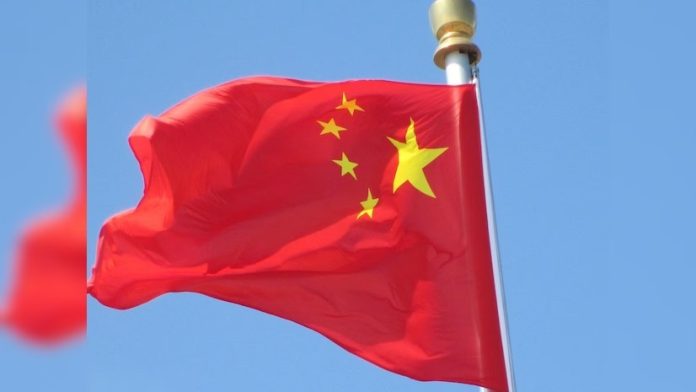Amid China’s economy struggles to recover and unemployment remains high, the country’s indebted population is growing at a rapid rate.
Defaults by Chinese borrowers have surged to a record high since the pandemic, with authorities blacklisting 8.54 million people from economic activities ranging from using toll roads to purchasing airline tickets and using payment applications.
According to the report, the number is up from 5.7 million defaulters in early 2020 and amounts to about 1% of working-age Chinese adults.
After online payment platforms like Alipay and WeChat replaced cash as the most used payment method in China, many stores refused cash payments, and some defaulters said it had become difficult for them to even buy food.
Those blacklisted by authorities for debt have difficulty obtaining other loans and, in some cases, are even banned from working as civil servants.
A Changsha businessman, Zhang Congzhi started borrowing money two or three years ago when online loans were easy to get. Now, the he has no money to repay those loans.
“I’m in debt for more than 100,000 yuan [approximately $13,700],” Zhang told. “Nobody can help me. The only solution I can think of is to delay repayment.”
Zhang is one of the millions of Chinese people who are in debt from loans they took out to get by during the economic disruption caused by the COVID pandemic and China’s strict lockdowns.
China’s general public does not borrow money directly from the banks because they do not have collateral like a house or car.
The general public does not borrow money directly from banks because they do not have collateral like a house or car, said Lu Xiaojuan, a banker in Jinan, Shandong province, in a phone interview with VOA Mandarin.
“It’s the rich people who come to borrow money. Ordinary people don’t dare to come borrow money for fear of not being able to pay it back,” she said.
But Lu said it’s easy for them to get credit cards as long as they have an ID and do not have a bad credit record.
The Bank of China reported on September 1 that overdue unpaid credit in the first half of 2023 totaled RMB 89.646 billion yuan (approximately $12.3 billion), an increase of 3.54% compared to last year.
Li Zhaobo, an honorary research fellow at the Asia-Pacific Institute of Business at the Chinese University of Hong Kong, believes another reason for high debt is that many mainland Chinese people, whose consumption has grown faster than their salaries, do not understand the risks and costs of borrowing.
“While Hong Kong people know that they can choose low-interest loans, mainlanders are not familiar with the idea,” he told VOA Mandarin by phone interview. “So once they have cash flow difficulties, they can’t pay off their debts with interest.”
A Beijing-based economist, who asked not to be named because he has been warned by authorities not to talk to media, told VOA Mandarin in a phone interview that the ongoing problems in China’s real estate sector have also cut off cash flows.
“China has relied on the real estate industry to drive its economy for the past 30 years,” he said. “Now the industry has collapsed, and even Evergrande and Country Garden [two of China’s biggest property developers] have gone bankrupt and had their licenses suspended. With the property cash flow cut off, many people’s wealth has shrunk,” said the economist, “and they can’t afford their high mortgage payments.”
He added that private enterprises in China used to be able to borrow from each other, so they didn’t have to rely on banks alone, but that too has dried up.
“Things were OK in the past, but the three years of the COVID pandemic and the U.S.-China trade war have led to a significant reduction in businesses,” he said. “Many enterprises are cut off from cash flows, leading to a rising debt crisis.”









































